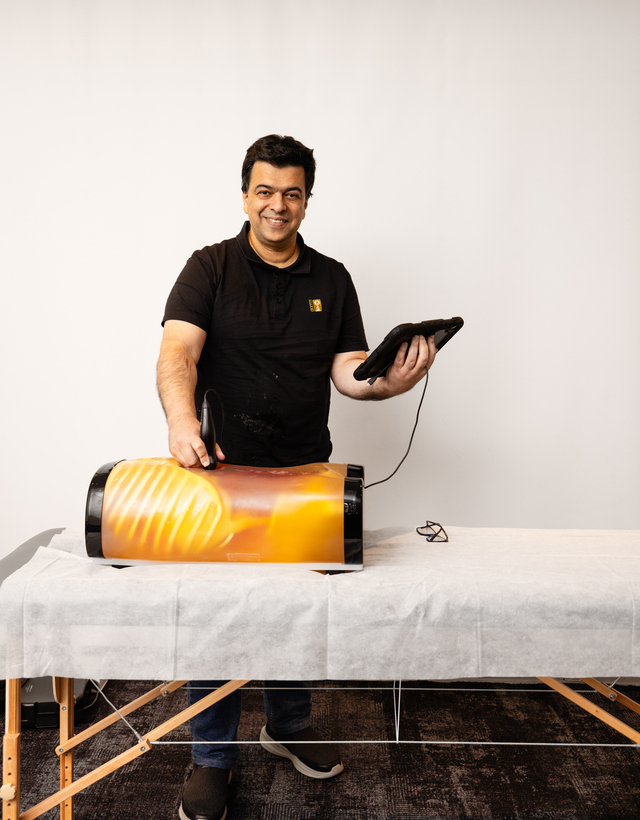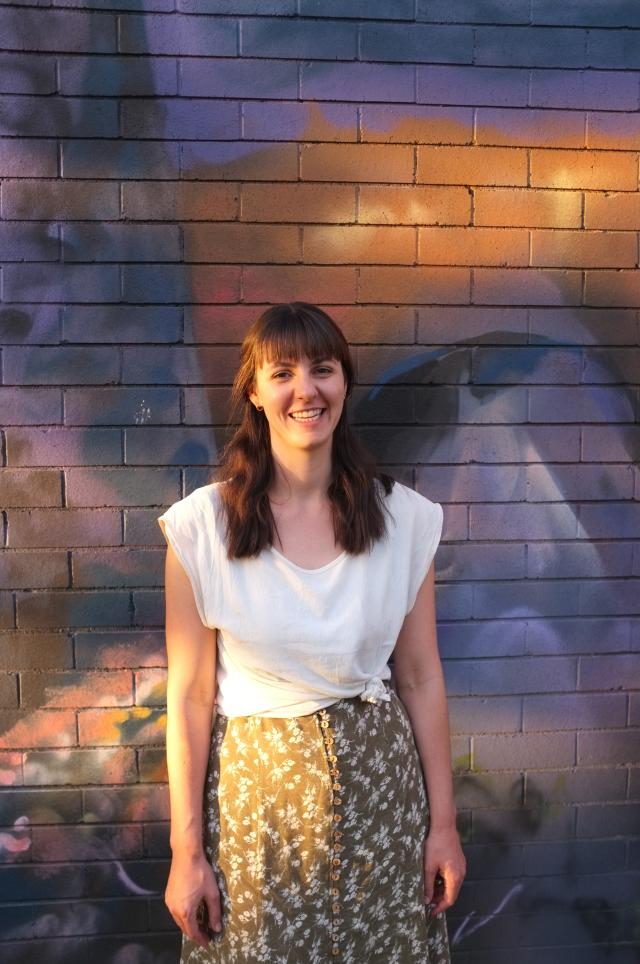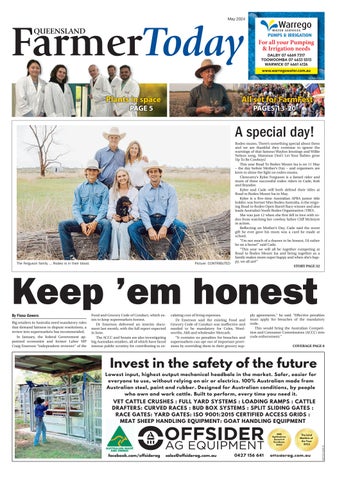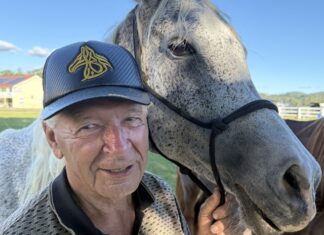Rural doctors from across Queensland and interstate met in Stanthorpe last month for specialist hands-on Point-of-Care Ultrasound (POCUS) training.
Hosted at Stanthorpe Hospital, the event — organised by ACRRM – focused on equipping 14 rural generalists (RGs) with practical ultrasound skills tailored to their unique practice needs.
The full-day workshop capped attendance to ensure high-quality, supervised instruction.
Led by experienced rural clinicians and ultrasound specialists, attendees rotated through six skill stations, covering:
* Trauma assessment using eFAST
* First-trimester obstetric scans to confirm viability
* Guided vascular access
* Musculoskeletal and abscess scanning for infection
* Compression scans for DVT
* Systematic lung ultrasound protocols.
Lead instructor Professor Kambiz Bahaadinbeigy said hands-on training helped RGs build confidence using ultrasound in everyday practice.
He said RGs learnt how to assess injuries, check veins for drips, scan during pregnancy and examine the heart, lungs and joints like the shoulder, elbow and knee.
“Training in places like Stanthorpe helps doctors learn in an environment that reflects where they actually work – it’s more relatable than being in a metro hospital,” Professor Kambiz Bahaadinbeigy said.
“ACRRM undertakes training in regional and rural centres across Australia, transporting specialist equipment, which is usually only available in cities.
“It gives doctors the skills to assess and treat patients locally, rather than sending them long distances, reducing the time away from their communities.
“We’re showing that high-quality medical education doesn’t just happen in cities—it can happen anywhere.”
Professor Kambiz Bahaadinbeigy is an emergency medicine doctor, experienced in using ultrasound in time-critical situations. His facilitation team in Stanthorpe included Dr Allan Whitehead, a highly skilled emergency physician in ultrasound and Dr Siew Goh, an RG and Fellow of ACRRM.
For many RGs, access to specialist imaging such as CT or MRI may be unavailable.
With mobile ultrasound equipment supplied on-site, trainees gained hands-on exposure rather than purely theoretical instruction. Observing peers and practising under guidance helped solidify both image acquisition and interpretation skills — essential for rural clinics, emergency departments and mobile health teams.
RG Chantel van Werkum said the training in Stanthorpe Hospital was “highly beneficial“.
“Travel is always challenging with a young family and balancing two workplaces. Having it convenient increases the likelihood more local practitioners attend and we can consolidate our skills as a local team.
“I can see myself using this (training) most of my hospital shifts.“
Ms van Werkum said a particular highlight for her was fluid assessments, which were helpful when managing serious infections (sepsis) and balancing chronic disease management.
Based in Stanthorpe, Ms van Werkum works part time at the Stanthorpe Hospital and in private practice as a local GP.
She studied at the University of Queensland, through the Toowoomba Rural Clinical School.
“I previously worked as a pathology scientist providing locum coverage to rural Queensland,“ Ms van Werkum said.
“This started an interest in rural medicine, which was consolidated through rural experiences in medical school and then by early career training in Stanthorpe and Goondiwindi.“
RGs working in settings similar to Stanthorpe, these hands-on POCUS workshops not only refine clinical acumen —they empower practitioners to deliver faster, more accurate care across time-critical or isolated contexts.
The Stanthorpe event stands as a model for delivering practical, context-relevant education that strengthens rural healthcare capability and resilience.










